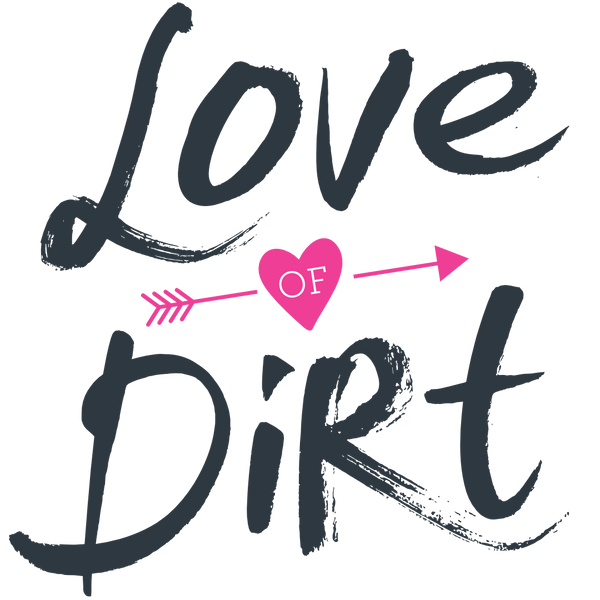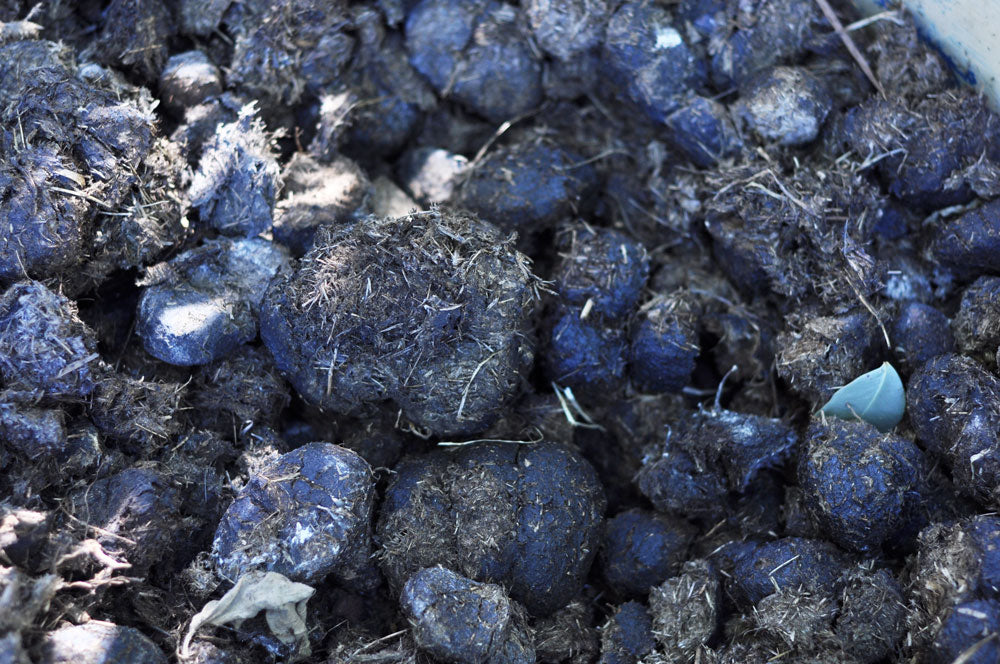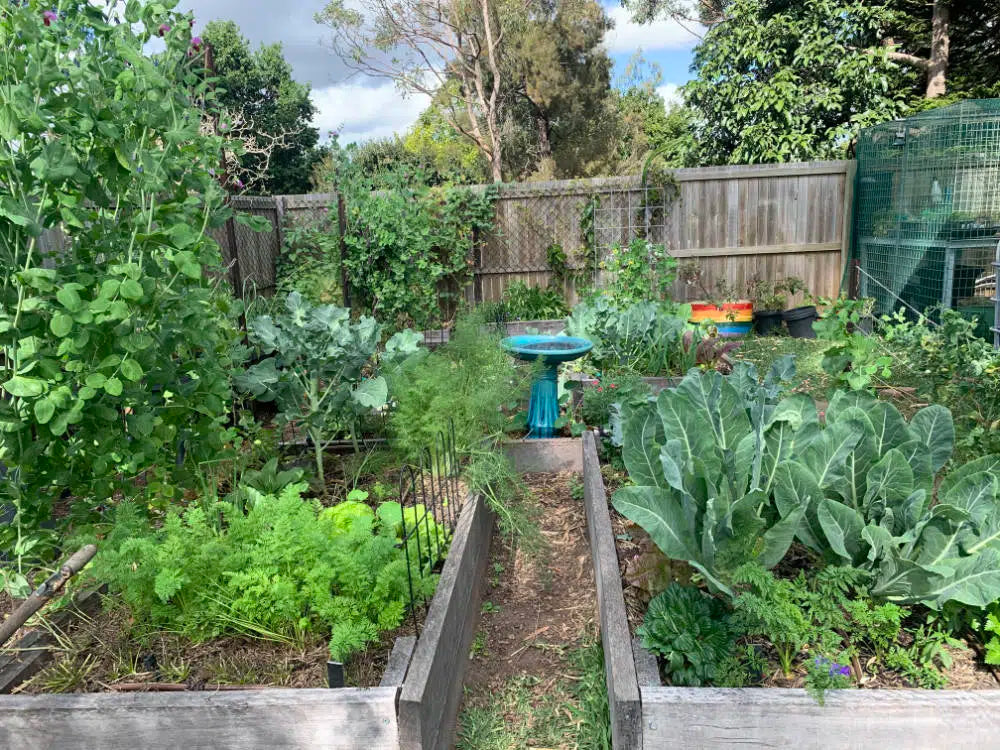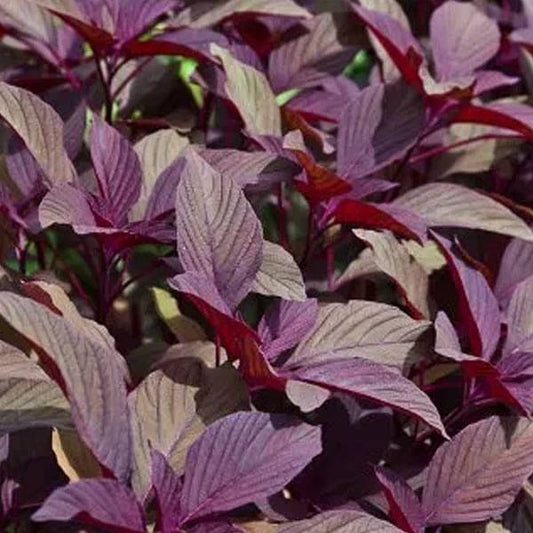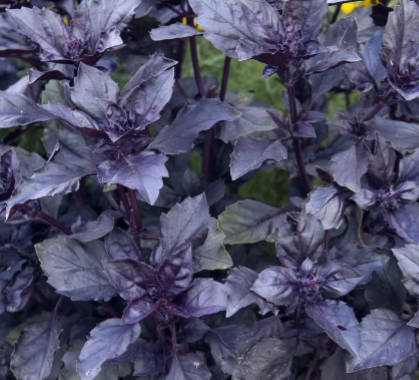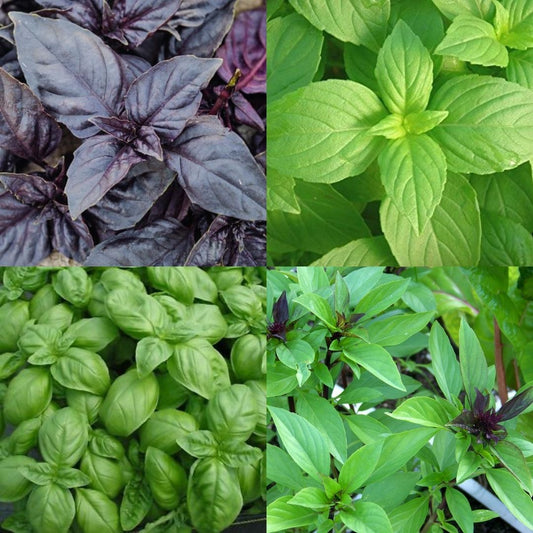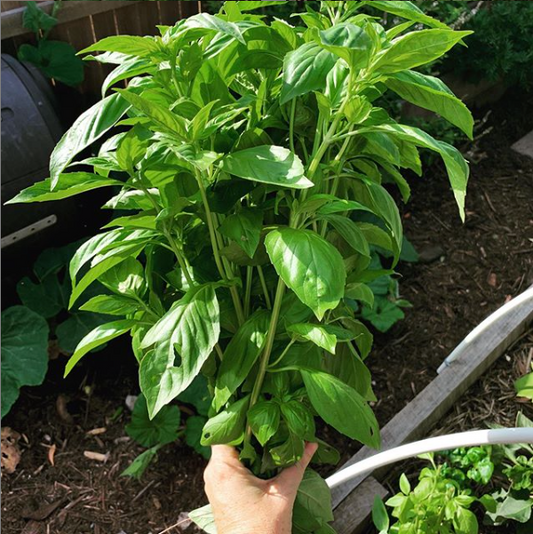When it comes to fertilising your vegetable garden you can become overwhelmed with the choices available. There are some manufactured options out there that give you the exact combinations of nutrition your plants need, however, I opt for organic matter that will over the long term improve my soil.
For any manure that you use, make sure you either mix it in with your soil or allow it to compost (rot) down so it doesn't burn your plants. When purchasing manure, to get more bang for your buck, opt for premium as opposed to blended mixes.
Cow Manure
If we have to buy fertiliser, this is our go to. If you were collecting from the field, make sure you head for the older patties, as fresh manure has high levels of ammonia which can damage your plants, there is also the risk of E.coli. Cow manure that you purchase is gentle enough to sprinkle around and add to your garden bed preparation.
Horse Manure
We use this a lot in our garden primarily as it's readily available to us (ie. it's free or locally available). It's not as strong as some manures and it does come with some challenges in terms of weeds, that's why it's best to let it hot compost before applying to your garden.
Sheep Manure
Sheep manure straight from the farm is like the natural 'slow release' fertiliser in its pelletised form. It generally smells less and can be used as more of a mulch. It has a low nitrogen content so won't burn your plants.
Poultry Manure
We use poultry manure in our garden by adding it to our compost - when we clean out our
chicken coop we put the straw and the poop directly into the compost bin to break down. It is very high in nitrogen so if applied directly to plants it's likely to do some damage so use sparingly.
Mushroom Compost
Another good additive to your soil that will add extra nutrition, but you wont have to worry about it doing damage to your plants as it's very mild. It also helps with water retention in your soil so if you're working with a sandy bed this might be a good one to add.
Seaweed Solution
Seaweed solution is more of a plant tonic than a fertiliser, it won't really improve your soil over time, but it will give your plants a bit of a boost as they will collect all the minerals directly through their leaves. Another fun fact is that it provides the plant with hormones, so if you want to give your plants a headstart when you transplant, apply seaweed solution after planting.
Worm Castings
If you have a worm farm, which is probably the first thing I would get if I hadn't already started collecting my household scraps you can use the castings for your patch, and this is my secret weapon for boosting beds. Worm castings are nutritionally power punched with minerals and rich in nitrogen fixing bacteria which gives you garden a massive boost. You can also make your castings stretch further by creating a worm casting tea. Avoid putting the leachate (the liquid that runs off the farm whilst the scraps are breaking down) on your garden as it is full of nasty bacteria.
You can get my full guide on worm care here.
What is your favourite way to give your vegetable garden a boost? Leave a comment below.


